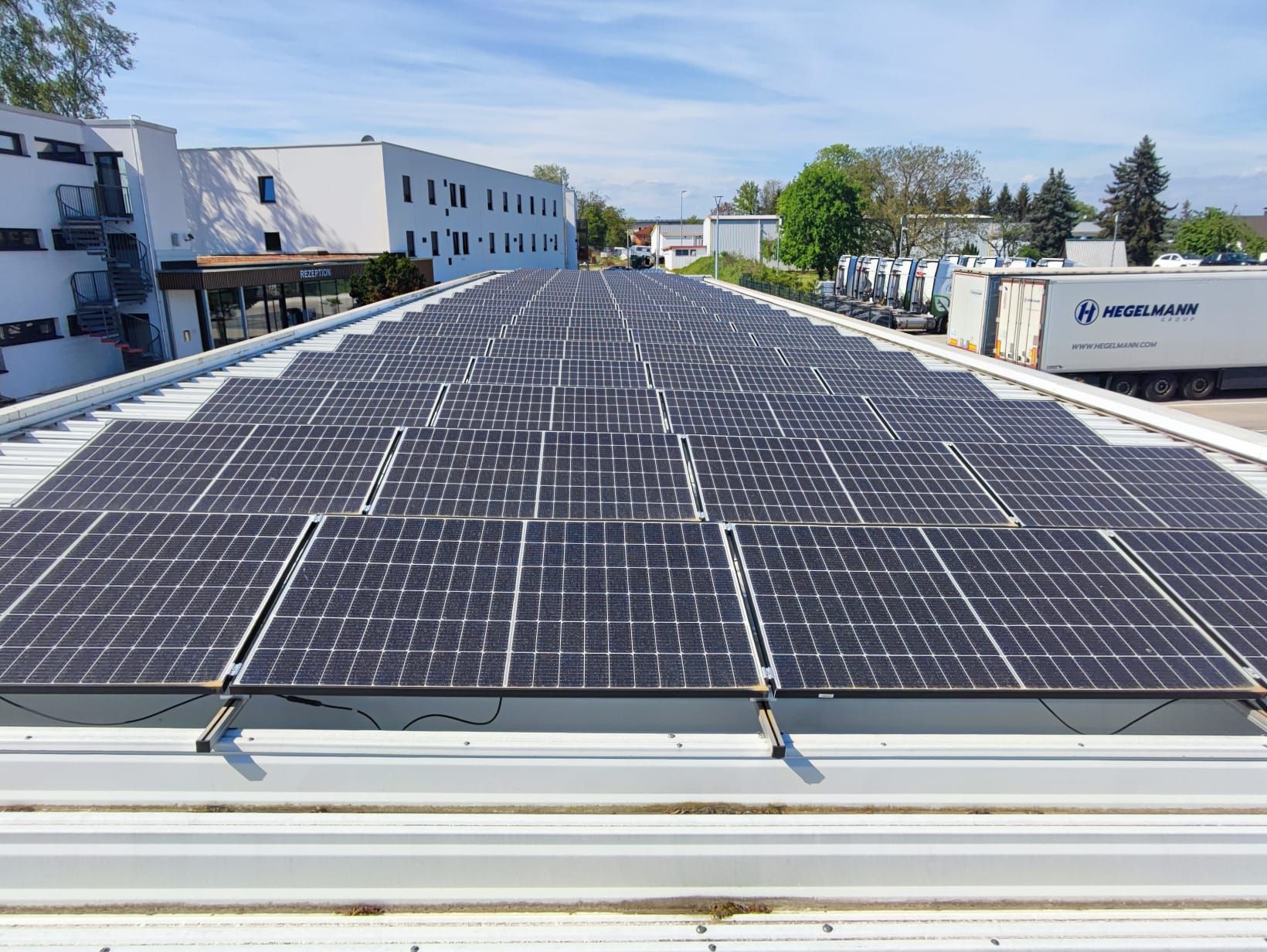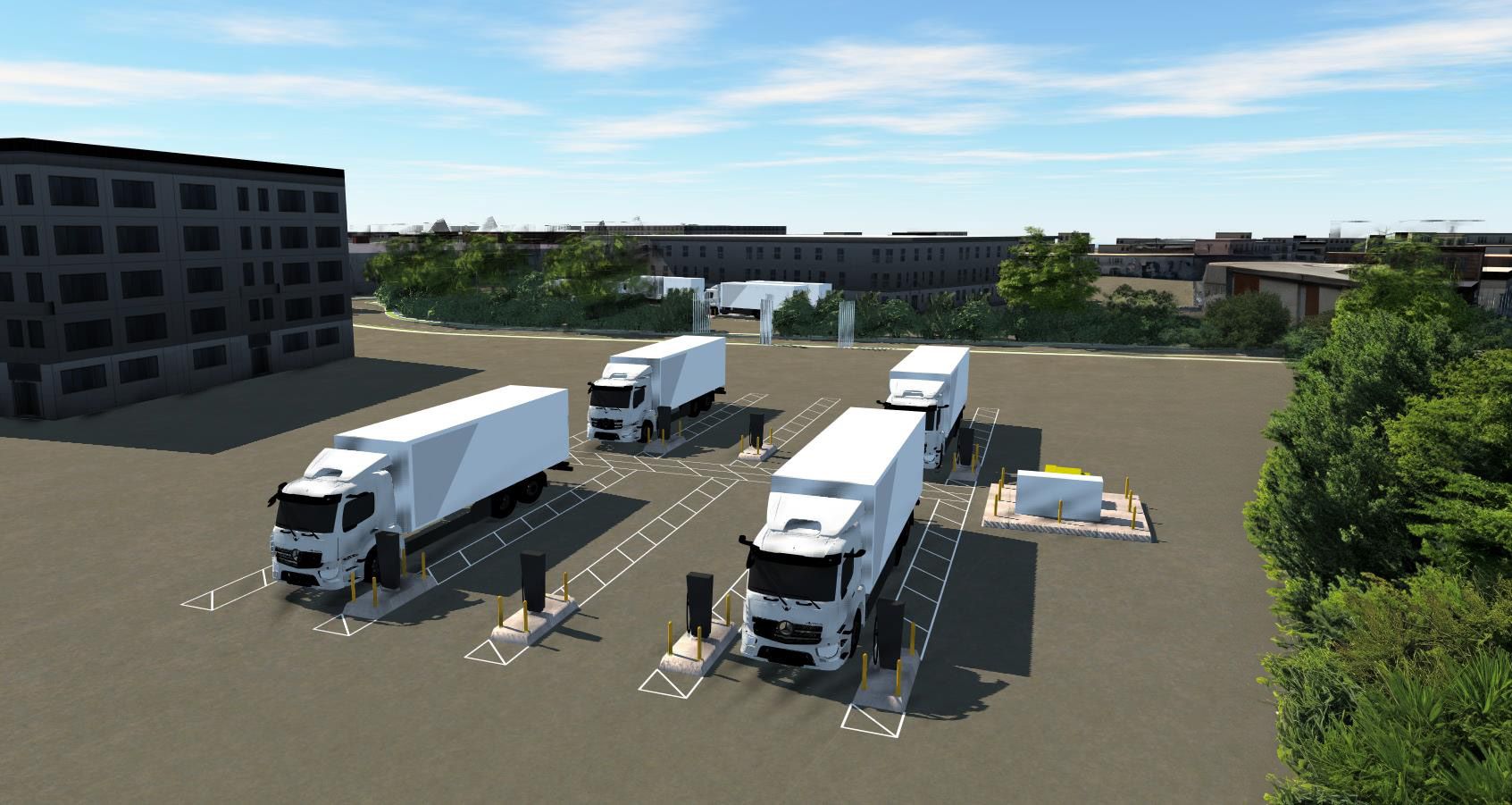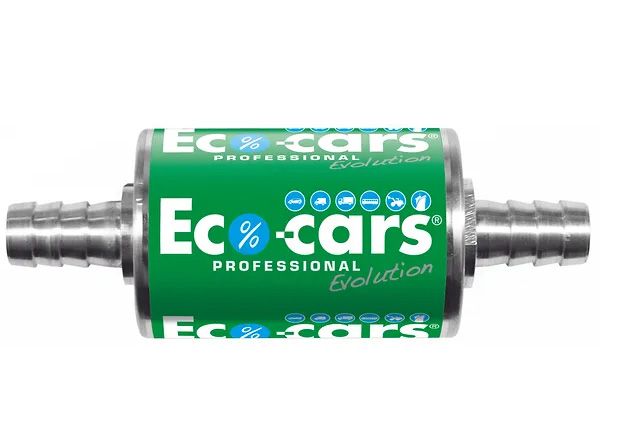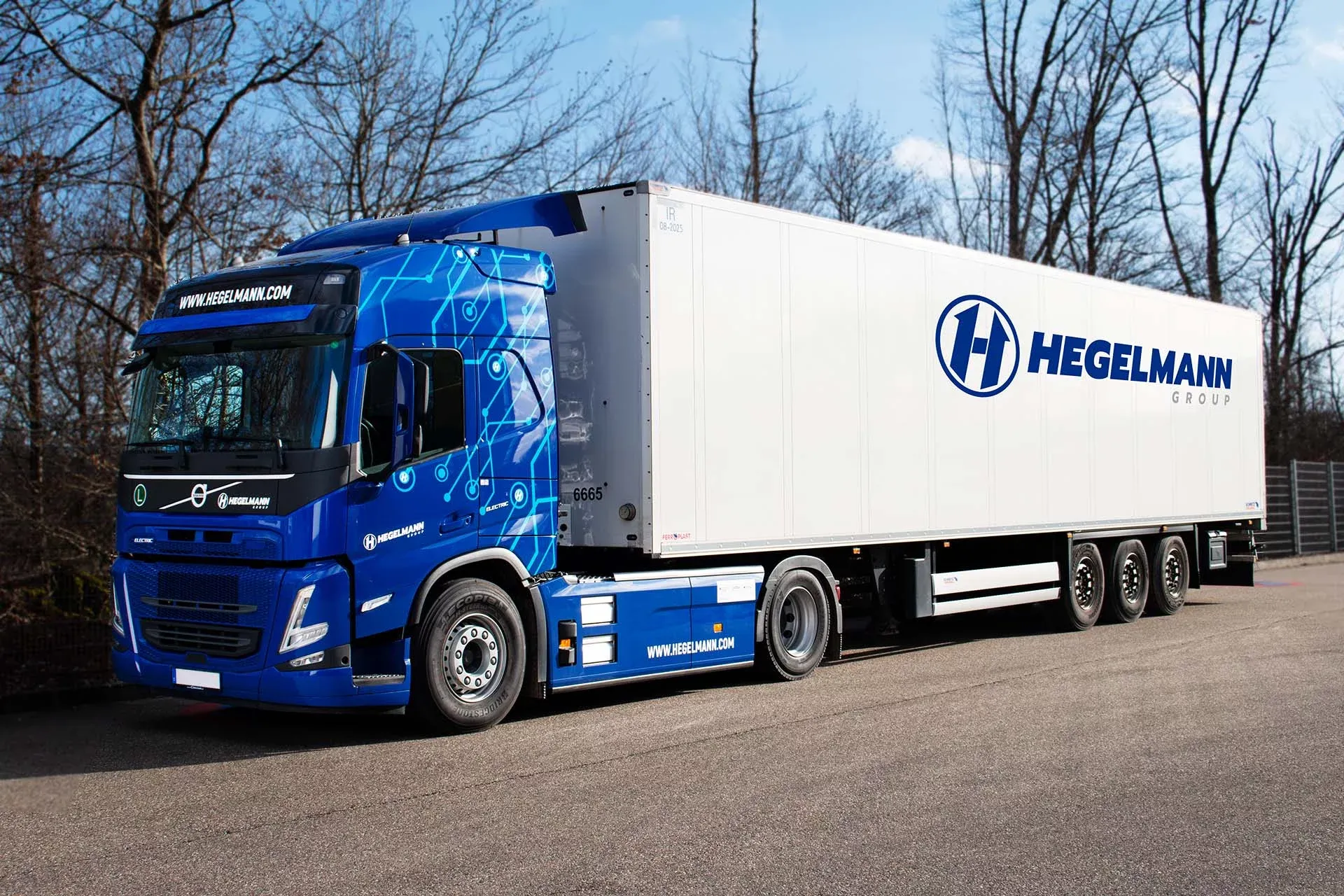In the pursuit of sustainability and innovation within the logistics industry, Hegelmann Group Germany has embarked on a groundbreaking journey. As part of its “Mission Green” initiative, the company has integrated the Volvo FM 500 Electric Trucks into its fleet. This case study delves into the objectives, implementation, performance, and impact of deploying these electric trucks, marking a significant step towards reducing the company’s carbon footprint and leading the logistics sector toward a more sustainable future.
Project Overview
The Volvo FM 500 Electric Truck, known for its efficiency, reliability, and zero-emission operation, represents the forefront of green transportation solutions. Hegelmann Group’s decision to incorporate these trucks into its fleet for a fixed-route operation, which started on February 6th, with each truck covering 5,000 km monthly, signifies a bold move toward operational sustainability. This initiative underscores the company’s commitment to environmental stewardship and innovation.
Operational Performance
Efficiency and Reliability
The operational efficiency of the Volvo FM 500 Electric Trucks has been exemplary. Compared to traditional diesel trucks, the electric trucks have demonstrated significant energy savings and reduced operational costs, without compromising on performance. Driver feedback has been overwhelmingly positive, highlighting the superior handling, comfort, and overall driving experience of the electric trucks.
Environmental Impact
The transition to electric trucks has had a profound impact on Hegelmann Group’s carbon emissions. By replacing diesel trucks with Volvo FM 500 Electric models, the company has significantly reduced its CO2 emissions, aligning with its “Mission Green” initiative’s goals. This effort contributes to the broader sustainability targets of reducing greenhouse gas emissions and showcases Hegelmann Group’s role as an environmental leader in the logistics industry.
Conclusion and Future Directions
Hegelmann Group’s integration of Volvo FM 500 Electric Trucks into its fleet has been a landmark achievement in the “Mission Green” initiative. The project has demonstrated the environmental, operational, and economic benefits of adopting electric vehicles in logistics. Looking ahead, Hegelmann Group plans to expand its fleet of electric trucks, exploring additional routes and further innovations in green logistics. This initiative not only positions Hegelmann Group as a pioneer in sustainable transportation but also sets a new standard for the logistics industry at large.











